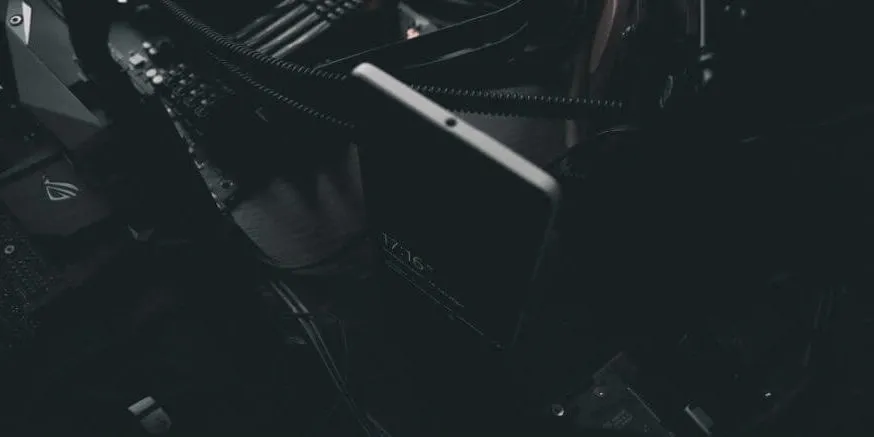As we see advances in NLP apps and fields related to natural language processing—including machine learning and artificial intelligence—an increasing number of mobile apps are leveraging such technology. These innovations are impressive considering NLP has only been in the mainstream for a few years.
Your first contact with NLP technology may have involved a GPS navigation app, which allows you to verbally request directions to a destination. Only a few years since their inception, these navigation apps have evolved to be far more sophisticated than they once were. Previously, you had to enter the exact address of your destination. Now you can simply state a destination type, such as “the nearest coffee shop” or “the closest hospital.”
The best-known mobile app with NLP is Siri, a virtual assistant (VA) technology that arose from the DARPA-funded CALO project. Apple acquired Siri’s technology in 2010. Subsequently, Siri was launched in an iOS 5 release in October 2011. Of course, a slew of other VAs have been released since then, including Alexa, Cortana and (the so cleverly named) Google Assistant.
Notably, NLP technology has advanced far beyond just virtual assistant apps. In fact, mobile app developers are integrating this technology in new and exciting ways, from safer GPS apps to NLP apps that make mobile devices more accessible to individuals with physical disabilities.
Using NLP in the Health and Medical Field
Natural language processing is becoming more and more common in the medical and healthcare sector, as the uses in this realm are expansive. This is especially true when it comes to apps for wearable health equipment or apps that allow you to use verbal input in place of typing, as this field generally has an increased need for hands-free communication. Here are some of the many applications for NLP technology in the health sector:
- Note Taking: Patients often struggle to absorb all the information a physician discusses during an appointment, so NLP technology could be used to take notes derived directly from the physician’s speech. This type of application would provide the patient with a useful record of tips, medication names, dosage information, disease/condition names and more. Key point notation is just one application for NLP summarization and information extraction technology; it’s easy to envision a similar application for classroom use.
- Verbal Updates and Input: It’s conceivable that physicians and nurses could use NLP technology to automatically fill out a health history form by simply activating an app while talking with the patient. Likewise, a surgeon could verbally state findings during a surgical procedure, with the information converted into note form by an NLP app. This type of mobile application might also send updates to family members anxiously awaiting news on their loved one’s condition.
- Device Control: For individuals with disabilities and birth defects that leave them unable to use their hands, NLP technology can be used to control a mobile device (and a range of other devices, too).
Using NLP to Fight Spam in Emails, Blog Comments and Beyond
Despite the tremendous advances in spam filtering algorithms, spammy messages still slip through. But this is where natural language processing can be useful. When most people think of NLP, they imagine an app that “talks,” but NLP technology can also “read” and “hear.”
This “reading” capability is leveraged for spam monitoring, as the algorithm reads the content of blog comments, private messages on social media platforms, email messages and more. The content is then compared to known spam messages and text patterns in an effort to identify spam. This application for NLP is growing increasingly common in mobile apps that have the potential for spam-related issues.
Using NLP to Drive an Information Engine
Some have surmised that Google will soon adapt its technology to be NLP-based, at least in a mobile capacity. While virtual assistants like Siri can provide a basic answer to a relatively simple question, it’s only a matter of time before you can ask more complex questions and receive more in-depth answers.
Beyond this, though, there is tremendous potential when it comes to NLP’s ability to create and pull from information stores. Imagine an information engine that uses ebooks, websites, videos, television footage, data stores and verbal user input to compile a massive Wikipedia-style database with up-to-the-millisecond accuracy. Such an invention could revolutionize the way we absorb, report and utilize information.
In addition, NLP technology could have remarkable and innovative uses in the area of prediction. This is particularly true as it relates to political and social events, such as terrorism threats which could be identified by monitoring online and phone-based chatter. We can also expect to see marked improvements in existing technology, such as language translation apps and mobile apps that include talk-to-type functionalities.
The potential uses for natural language processing are numerous. This is one area where 7T’s mobile development team is hard at work, developing new, practical integrations and applications of natural language processing. Our team strives to pioneer new uses for not only NLP but also artificial intelligence (AI), predictive analytics (PA), augmented reality (AR) and virtual reality (VR) in a variety of industries.
7T is based in Dallas, with regional offices in Houston and Austin, TX. While we work with many local clients in the Texas Triangle, we serve clients nationwide. If you’re ready to start building your mobile app, contact the innovative mobile app developers at 7T.










